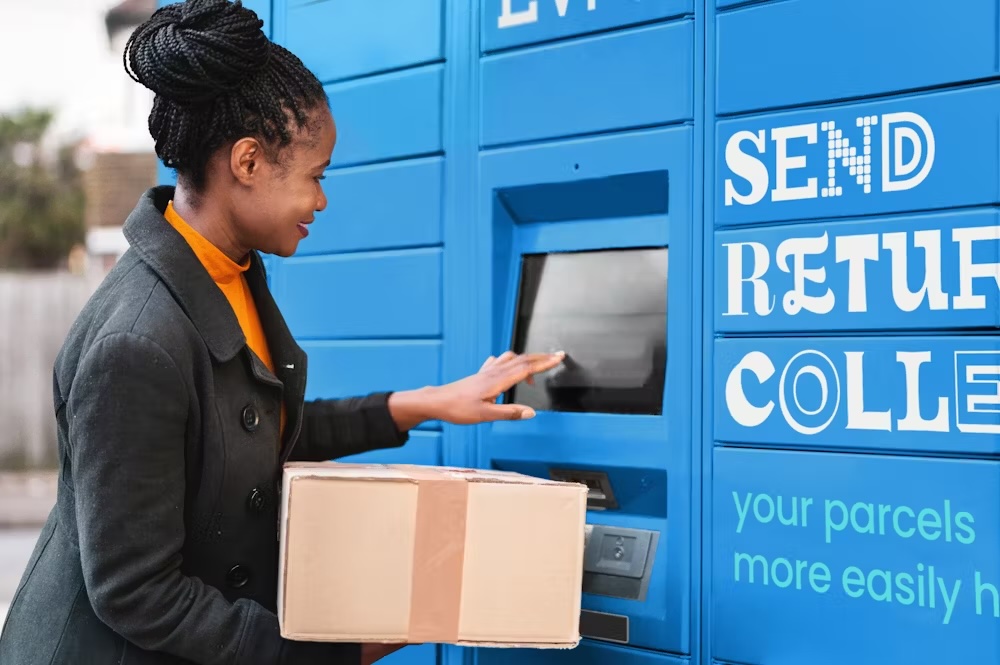Mobile devices have become vital to in-store shopping and retailers must adjust their campaigns to meet changing customer behaviours.
So finds a study by Hitwise, based on the online activity of 3 million UK shoppers, found 77% of online searches that focus on price match and 84% of online searches that focus on reviews, begin on a mobile device. This compares to an average 62% of all retail searches that are initiated on a mobile device.
These findings show savvy Brits are likely to compare prices and look up product reviews while in-store before committing to a purchase.
However, with 77% of searches for ‘sale’ and 66% of searches for ‘voucher’ coming from a mobile device, shoppers can equally be driven to purchase by the information they find online. Through the strategic issuing of online coupons, for example, retailers can win over customers when checking their smartphone in-store and encourage them to purchase with an added discount.
Hitwise’s findings show shoppers are also using the internet to access information they would previously have sought in-store. For example, at least 71% of online searches for returns policy take place on a mobile device, indicating shoppers are more likely to simply reach for their smartphone than ask a shop assistant for help.
Some product searches, especially for items that could be gifts, are specific to a mobile device, the research goes on to reveal. For example, 88% of engagement ring searches come from a mobile device, ensuring that a surprise purchase remains a surprise.
Nigel Wilson, Managing Director at Hitwise, explains the importance of understanding how shoppers use mobile devices when they’re on the go: “Shoppers are using their mobile phone or tablet as a tool to search for more choice and find the best deal. However, retailers must ensure a seamless experience from online to offline to reflect the growing accessibility demanded by today’s consumers. By giving products in-store and online the same price tag, the customer is more likely to feel satisfied with their purchase and less likely to buy from other retailers instead. An integrated strategy also helps the retailer’s brand image appear more reliable, encouraging customers to feel comfortable using the online platform.
He continues: “Understanding the roles played by different devices at each stage of the customer’s journey to purchase is key to developing a strategy that engages shoppers and motivates them to buy. A retailer should avoid limiting a customer’s choice to a certain product and instead present a range of items across online and bricks and mortar stores to ensure demand for options is reflected as part of a complete retail experience.”
The findings tally with a similar study by Hitwise in the US, which found that some 77% of retail searches that mention “coupon” are initiated on a smartphone or tablet as are 73% of searches seeking a “sale” and 68% of “discount” searches.
Likewise, comparison searches that have the potential to close a sale, such as those focused on “return policy,” “price match” or “reviews” were initiated on a mobile device at least 77% of the time according to the Hitwise analysis.
Meanwhile the study confirms that deal-seeking searches for online purchases, like those looking for a “promo code” are more likely to start off on a desktop, as traditional computers are still the preferred device for conducting most types of online transactions.
Location-based retail searches are among those most heavily skewed towards mobile. These include searches that incorporate the words “near me,” “hours,” “24 hour” and those that start out with “where to buy…”.








